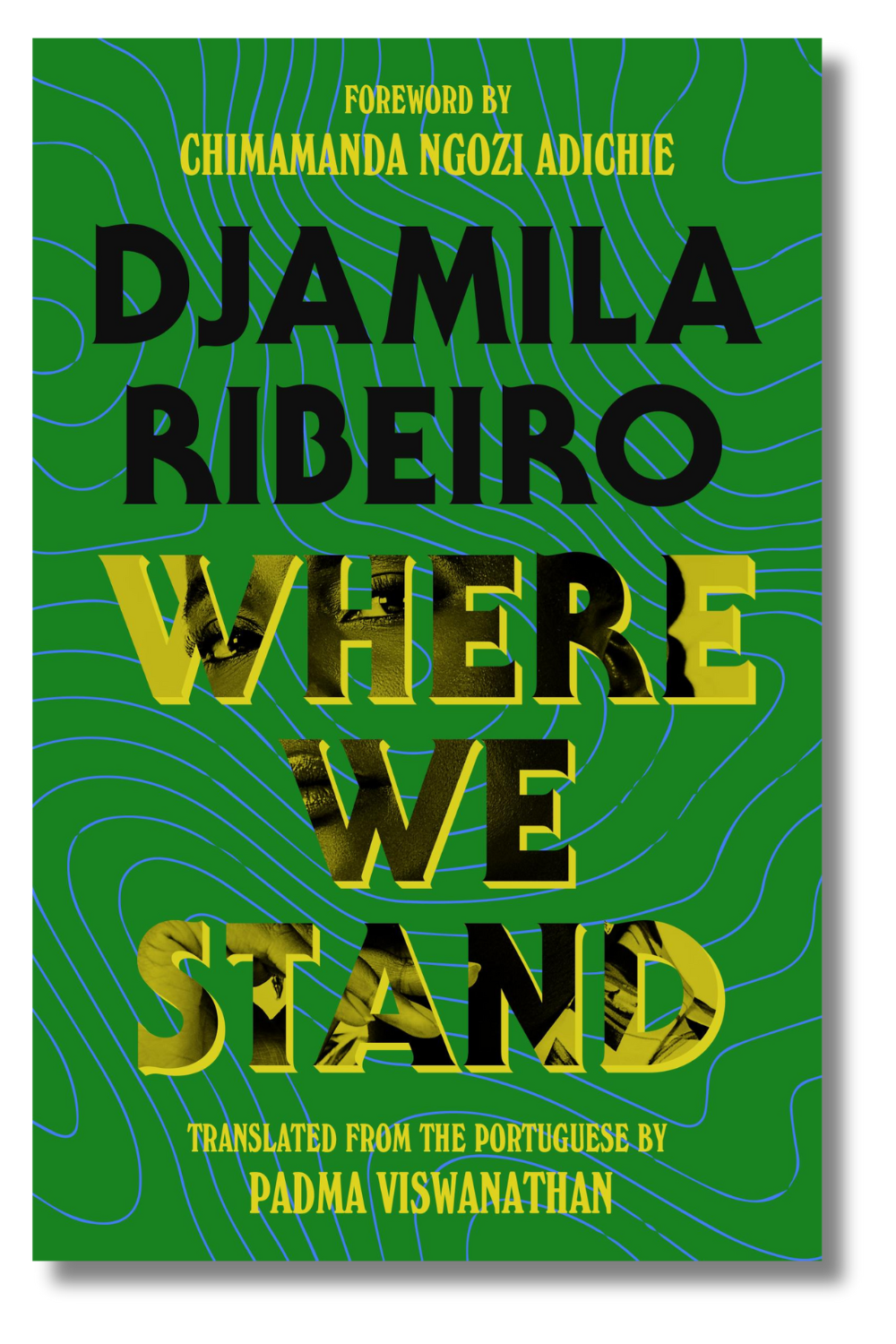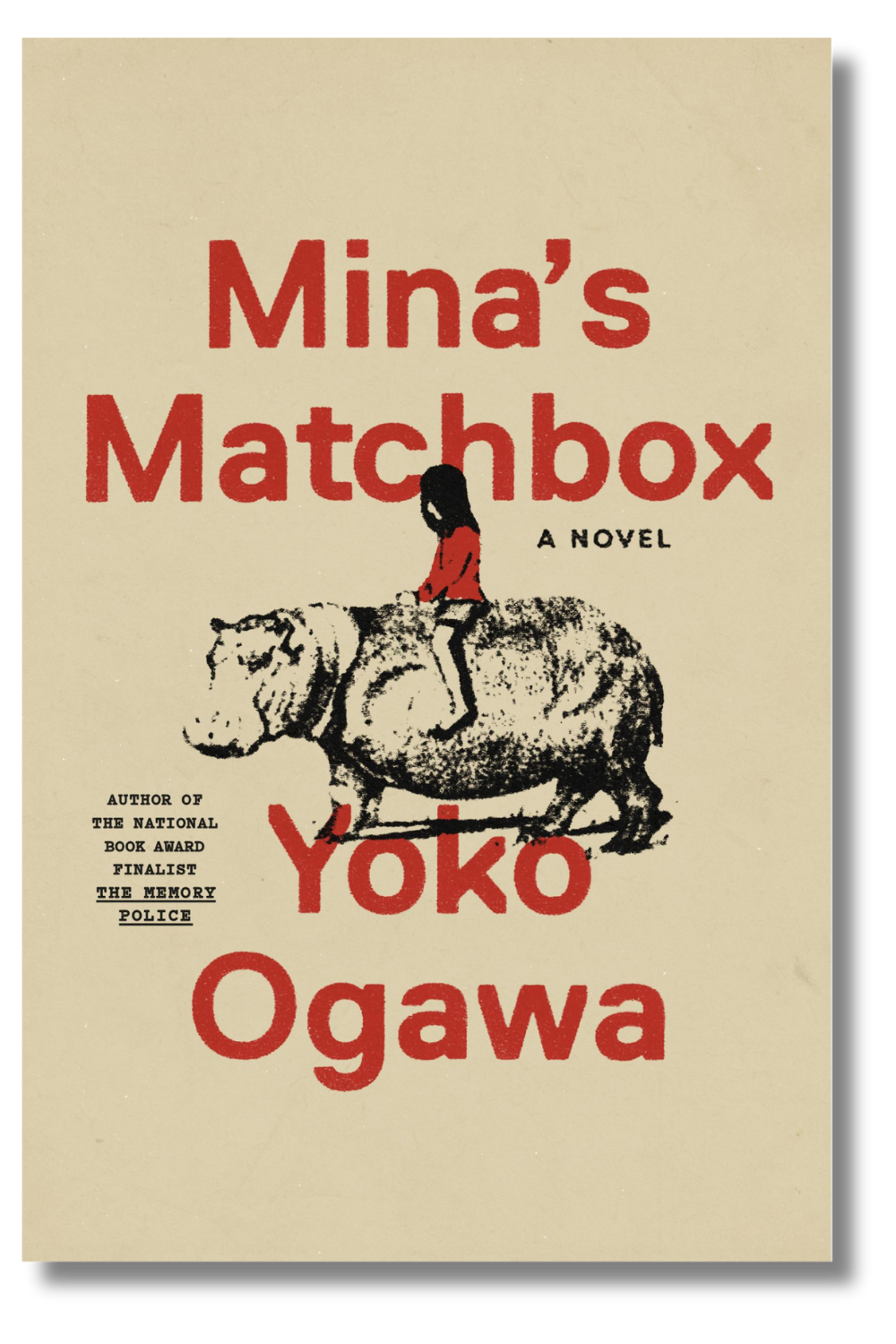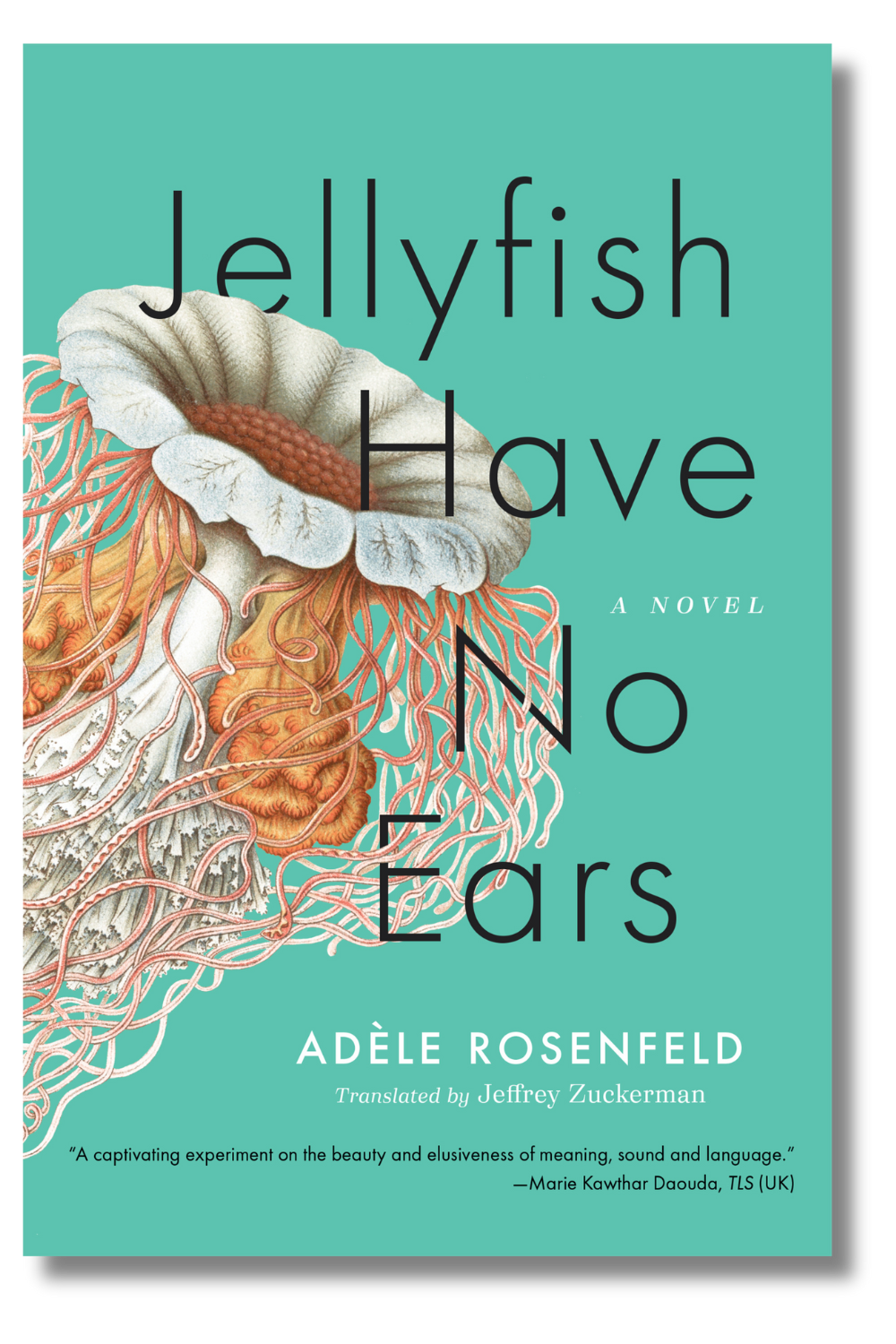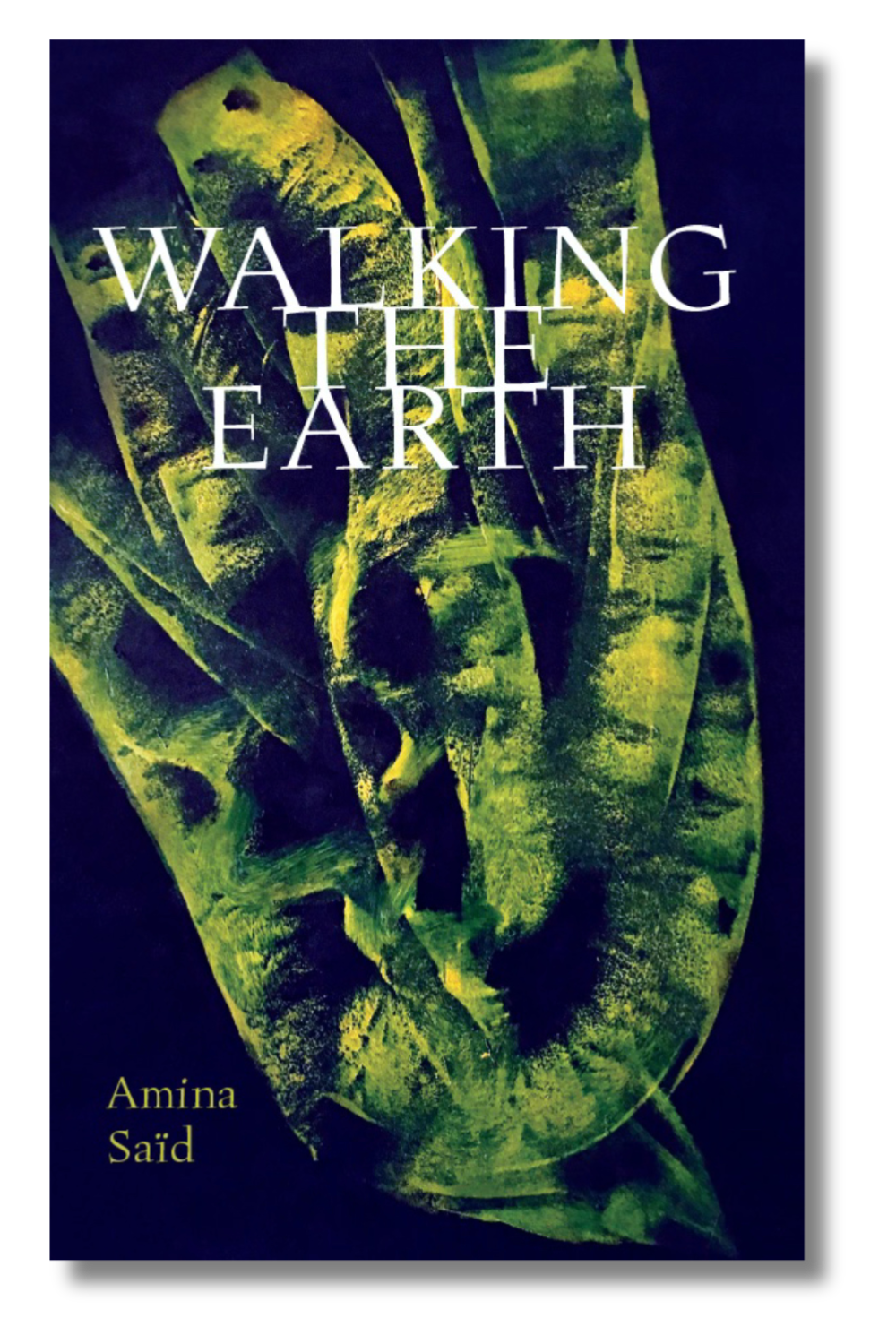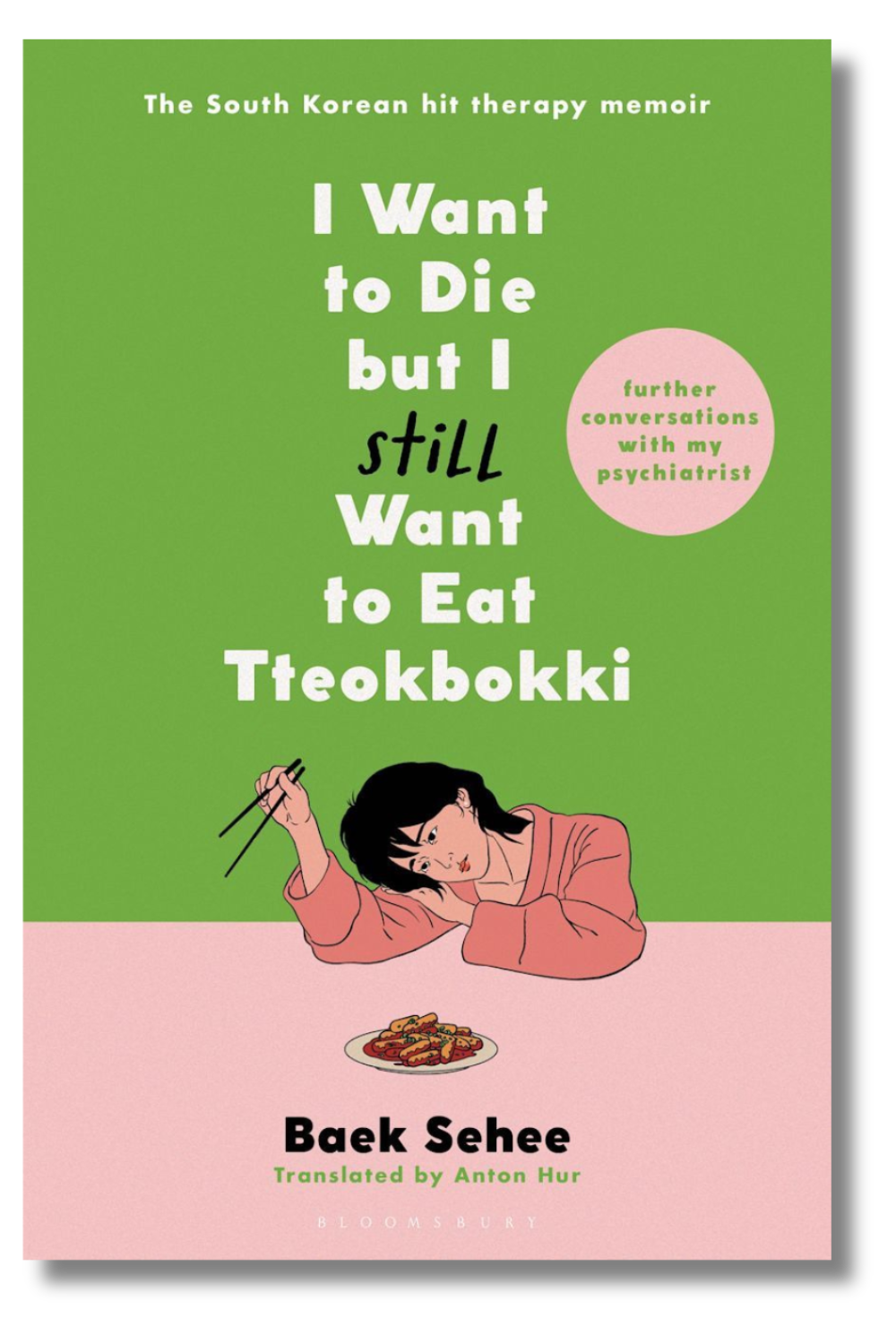From Yale University Press | Where We Stand by Djamila Ribeiro, translated from the Portuguese by Padma Viswanathan | Nonfiction | 104 pages | ISBN 9780300269642 | US$20.00
What the publisher says: “In a society shaped by the legacies of enslavement, white supremacy, and sexism, who has the right to a voice? In this elegant essay, Djamila Ribeiro offers a compelling intervention into contemporary discussions of power and identity: the concept of ‘speaking place.’ A crucial component of conversations on race and gender in Brazil, speaking place is the idea that everyone has a social position in the world and that what we are able to say, and how it is received by others, depends on it.”
What Bethanne Patrick at the Los Angeles Times says: “Brazilian scholar, philosopher and activist Ribeiro writes a manifesto on an individual’s social standing and its effect on what is said as well as what is heard. Those seeking a way to decolonize discussions of gender equality will find this slim volume rewarding.”
What I say: Djamila Ribeiro’s Where We Stand is a relatively short book, but don’t let that fool you—this is a volume that covers plenty of ground. Ribeiro recounts her own personal story of immersing herself in political theory and encouraging the works of others, and does so alongside ruminations on feminist writers, race and class in contemporary Brazil, and much more. A candid and engaging work.
From Pantheon Books |Mina’s Matchbox by Yoko Ogawa, translated from the Japanese by Stephen B. Snyder | Fiction | 288 pages | ISBN 9780593316085 | US$28.00
What the publisher says: “In this elegant jewel box of a book, Yoko Ogawa invites us to witness a powerful and formative interlude in Tomoko’s life. Behind the family’s sophistication are complications that Tomoko struggles to understand—her uncle’s mysterious absences, her great-aunt’s experience of the Second World War, her aunt’s misery.”
What Cory Oldweiler at the Minnesota Star Tribune says: “Yoko Ogawa’s novel Mina’s Matchbox, in a magnificent translation by Stephen B. Snyder, demonstrates the abiding comfort of fiction that envisions childhood as a time of discovery—without the elevated stakes of being a grown-up.”
What I say: There’s a certain subset of novels told about childhood wherein the author mines the tension between a child’s limited knowledge of the world and their adult perspective as they wrestle with their own memories. Mina’s Matchbox does that subtly across its pages, and it’s not hard to imagine some of these elements—mysterious comings and goings! A pet hippo!—turning Gothic in a different writer’s hands. Instead, this novel slowly lets its secrets come into focus, and traces their effects on one household’s existence.
From Graywolf Press | Jellyfish Have No Ears by Adèle Rosenfeld, translated from the French by Jeffrey Zuckerman | Fiction | 176 pages | ISBN 9781644452967 | US$17.00
What the publisher says: “Since she was little, Louise has been not quite hearing and not quite deaf—her life with this invisible disability has been one of in-betweenness. After an audiology test shows that almost all her hearing is gone, her doctor suggests getting a cochlear implant. The operation will be irreversible, making the decision all the more fraught.”
What Sam Sacks at the Wall Street Journal says: “In a striking early scene, her mother tells her about something delicious she has eaten, but her voice cuts out as she shifts between higher and lower tones of speech. Louise tries lip-reading but when a cloud darkens the sky she can only make out the consonants and has to guess the missing vowels, as in a game of Wheel of Fortune.”
What I say: In Jeffrey Zuckerman’s translation, Adele Rosenfeld’s descriptions of this novel’s protagonist’s experiences are utterly riveting. There’s one passage that lays out the facts of Louise’s hearing: “left ear completely deaf; right ear with a hearing aid; lipreading needed to fill in a holey language.” And there are also passages that are remarkably evocative in their choice of words: “That morning, on the way over, I’d taken note of the motorcycles’ beastly thrum, a sander’s whirring, the bass line of traffic jams that I mistook for the tide.” It’s an experiential work in a way few novels are.
From Contra Mundum Press | Walking the Earth by Amina Saïd, translated from the French by Peter Thompson | Poetry | 144 pages | ISBN 9781940625683 | US$20.00
What the publisher says: “This is a book of poems that cycles and repeats, it is an enigmatic road. Footsteps, paths, a vacuous sky, an elusive destiny. It could be the anomie of modern life, or even a post-apocalypse. To live, to keep walking, is the quiet exhortation: ‘Here begins the very hesitation / that obliges them to live.’”
What Dialogue Book Club says: “I was drawn to choosing this poetry collection, not only because we haven’t done poetry yet, but because of the premise of ‘a book of poems that cycles and repeats . . . an enigmatic road . . . to live, to keep walking, is the quiet exhortation.’ I read a few of Saïd’s poems and found myself holding my breath at how concise and powerful her language was.”
What I say: As befits its title, this collection of poetry by the Tunisian poet Amina Saïd abounds with words that starkly describe landscapes both literal and metaphorical. In Thompson’s translation, these passages are stunningly evocative, as Saïd brings a haunting quality to observations like this: “our tomorrows/ have the look of deserts/ sown with emaciated wrecks.”
From Bloomsbury | I Want to Die but I Still Want to Eat Tteokbokki by Baek Sehee, translated from the Korean by Anton Hur | Nonfiction | 224 pages | ISBN 9781639732302 | US$26.99
What the publisher says: “Baek’s sessions intensify as her inner conflicts become more complex and challenging. Through her dialogues with her psychiatrist and reflective micro-essays following each session, Baek traces the patterns of her anguish, makes progress, weathers setbacks, and shares the revelatory insights that come just when she has almost given up hope.”
What The Bookish Elf says: “By sharing her story with such unflinching honesty, Baek creates a sense of connection. Readers struggling with similar issues may find comfort in knowing they’re not alone, while those who haven’t experienced depression or anxiety firsthand can gain a deeper understanding of what it’s like to live with these conditions.”
What I say: Following an earlier memoir about her conversations with her therapist, Baek Sehee returns with an often blunt look at the ups and downs that can accompany a course of treatment. A book like this will sink or swim on the interactions that make up the bulk of its text, and the therapy sessions transcribed in here do a fine job of evoking the experience of being in therapy. And if you can look at the title of this book and not immediately crave tteokbokki, I am in awe.
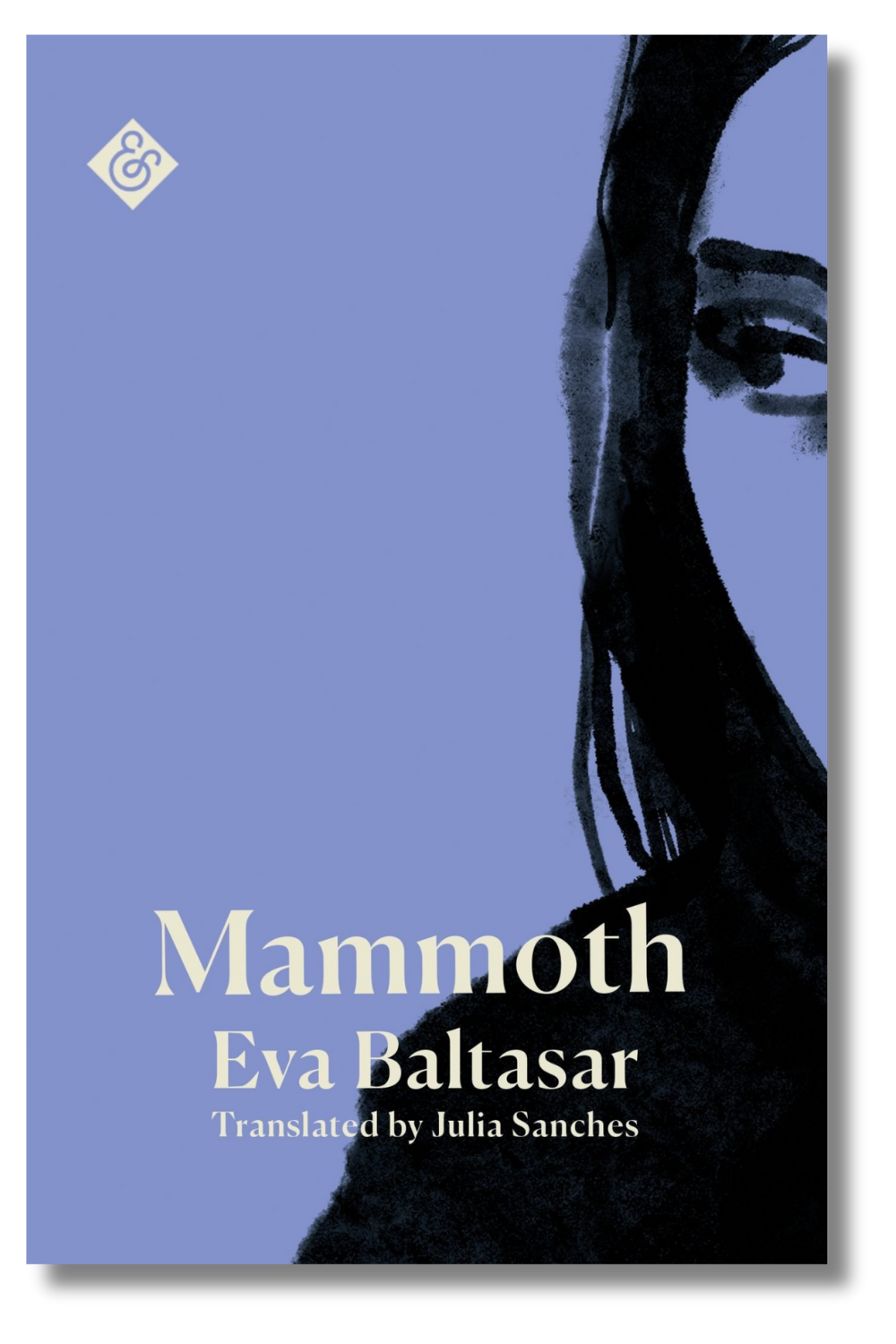
From And Other Stories | Mammoth by Eva Baltasar, translated from the Catalan by Julia Sanches | Fiction | 144 pages | ISBN 9781916751002 | US$17.95
What the publisher says: “Mammoth’s protagonist is a disenchanted young lesbian. She’s inexperienced, irritated by life, eager to gestate, and determined to strip everything else down to essentials. She seduces men at random, swaps her urban habitat for an isolated farmhouse, befriends a shepherd, nurses lambs, battles stray cats, waits tables, cleans house, and dabbles in sex work–all in pursuit of life in the raw.”
What Kirkus Reviews says: “At turns dazzling and brutally bitter, this slender volume refuses to clarify its intentions but rather allows its major themes an uneasy coexistence similar to the one the main character forges for herself. While this decision may frustrate readers looking for a comprehensive outcome to the speaker’s experiment in radical self-determination, Baltasar’s startling, poetic prose continues to sing long after the book has come to its indeterminate conclusions.”
What I say: Told in three parts, Mammoth follows its narrator as she pursues her own goals and desires and ventures to unexpected places as a result. Some of the wording here has the feel of aphorisms, as with passages like “[r]educing life to an Excel spreadsheet felt like a crime.” But there’s also a visceral quality to it; after the narrator (spoiler) becomes pregnant, her thoughts on the subject are, shall we say, unconventional: “a horrid, disproportionate lamb is growing in my uterus.” A taut, haunting work.
Looking for more reading suggestions? Check out Tobias Carroll’s recommendations from last month.
Disclosure: Words Without Borders is an affiliate of Bookshop.org and will earn a commission if you use the links above to make a purchase.
Copyright © 2024 by Tobias Carroll. All rights reserved.









